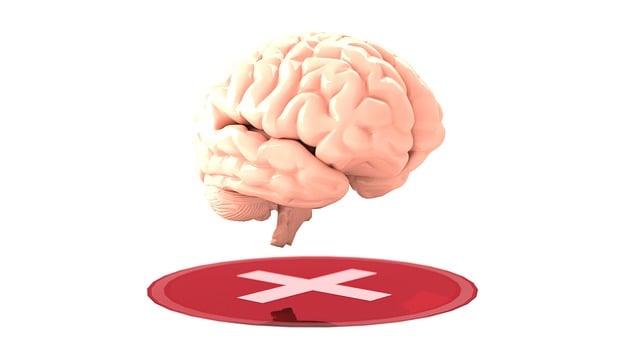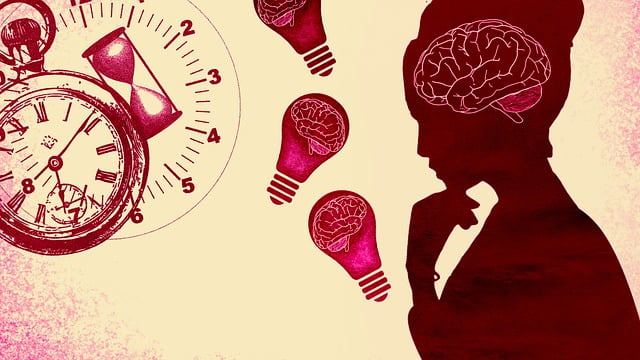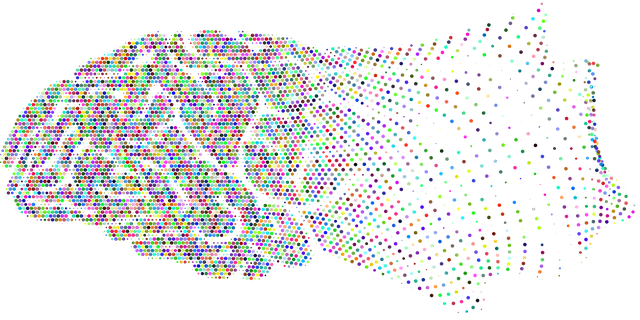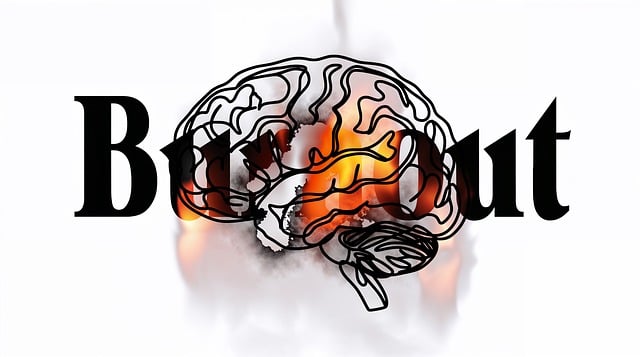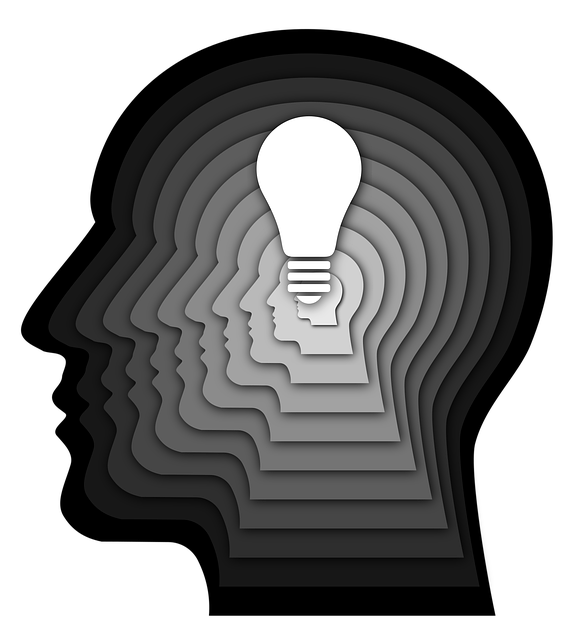In today's fast-paced world, mental wellness is a top priority, and Highlands Ranch Bilingual Therapy leads the way in providing accessible, culturally sensitive self-assessment tools. Their focus on early identification of mental health issues through regular self-assessments empowers individuals to take control of their well-being. By addressing symptoms like sadness, anxiety, and social withdrawal, they offer evidence-based techniques tailored to diverse needs, including mood tracking and personalized feedback. This commitment drives innovation in Mental Wellness Coaching Programs, reduces stigma, and fosters a supportive community for all residents in Highlands Ranch and beyond.
Mental wellness self-assessment tools have become crucial in modern times, providing individuals with a means to monitor their emotional well-being. This article explores the development of such tools, highlighting the essential role played by institutions like Highlands Ranch Bilingual Therapy in fostering cultural sensitivity. We delve into identifying key mental health symptoms and behaviors, discuss crafting effective assessment tools, and emphasize ethical considerations for validity, reliability, and accessibility. By leveraging insights from experts like Highlands Ranch Bilingual Therapy, we aim to enhance self-assessment practices.
- Understanding Mental Wellness Self-Assessment: A Necessity in Modern Times
- The Role of Highlands Ranch Bilingual Therapy in Developing Cultural Sensitivity
- Identifying Key Areas for Improvement: Symptoms and Behaviors to Observe
- Crafting Effective Assessment Tools: Features and Functionality
- Ensuring Validity, Reliability, and Accessibility: Ethical Considerations
Understanding Mental Wellness Self-Assessment: A Necessity in Modern Times

In today’s fast-paced and often stressful world, understanding mental wellness is more crucial than ever. This concept extends beyond mere absence of mental illness; it encompasses emotional, psychological, and social well-being. For individuals seeking personal growth or those facing challenges like anxiety, depression, or stress, self-assessment tools prove invaluable. These tools empower people to take charge of their mental health by offering insights into their thoughts, feelings, and behaviors, enabling them to make informed decisions about their well-being. At Highlands Ranch Bilingual Therapy, we recognize the importance of such initiatives in fostering a healthy community.
Self-assessment plays a pivotal role in risk management planning for mental health professionals and risk assessment strategies. By encouraging individuals to regularly evaluate their mental wellness, these tools can help identify potential issues early on, promoting proactive measures. Moreover, they contribute to burnout prevention by emphasizing self-care and resilience. With the increasing demand for mental health services, developing accessible and effective self-assessment tools is essential, ensuring that folks in Highlands Ranch and beyond have the resources needed to navigate and enhance their mental wellness journeys.
The Role of Highlands Ranch Bilingual Therapy in Developing Cultural Sensitivity

Highlands Ranch Bilingual Therapy plays a pivotal role in fostering cultural sensitivity within the realm of mental wellness self-assessment tools development. By offering services that cater to diverse linguistic and cultural backgrounds, they bridge the gap between traditional therapy practices and the needs of a multi-faceted society. This approach is particularly crucial in reducing the stigma associated with mental illness, as it ensures that resources are accessible and tailored to various communities.
Through their expertise, Highlands Ranch Bilingual Therapy contributes to innovative Mental Wellness Coaching Programs Development, focusing on strategies to boost confidence and promote overall well-being. They recognize that cultural nuances significantly impact an individual’s relationship with mental health services, and thus, their efforts are dedicated to creating inclusive environments. These initiatives support not only the development of effective self-assessment tools but also contribute to successful Mental Illness Stigma Reduction Efforts, ultimately fostering a more supportive and understanding society.
Identifying Key Areas for Improvement: Symptoms and Behaviors to Observe

When developing a self-assessment tool for mental wellness, identifying key areas requiring improvement is paramount. Observing symptoms and behaviors can provide valuable insights into an individual’s mental health status. At Highlands Ranch Bilingual Therapy, therapists emphasize close attention to signs such as persistent feelings of sadness or anxiety, changes in appetite or sleep patterns, difficulty concentrating, and increased irritability or restlessness. These indicators often point towards potential issues with mood disorders, anxiety, or even trauma.
Moreover, assessing social interactions and self-perception is crucial. Behaviors like withdrawing from social activities, difficulties maintaining relationships, or low self-esteem require attention. Tools should also consider training in social skills to enhance communication and interaction, as supported by research on Mental Health Awareness initiatives. Self-Esteem Improvement techniques can empower individuals to recognize and challenge negative thought patterns, fostering a healthier mindset.
Crafting Effective Assessment Tools: Features and Functionality

Effective mental wellness self-assessment tools are designed to be multifaceted, catering to a range of needs and preferences. At Highlands Ranch Bilingual Therapy, we understand that each individual’s journey to mental health awareness is unique. Thus, our assessment tools are crafted with versatility in mind, aiming to provide insights not just into symptoms but also into coping mechanisms, resilience factors, and overall well-being.
These tools should offer a seamless blend of functionality, from user-friendly interfaces that encourage honest self-reflection to robust algorithms capable of analyzing responses accurately. Features like mood tracking, anxiety assessment questionnaires, and personalized feedback loops aid in early detection of potential mental health issues, facilitating timely intervention. By integrating practices known to support depression prevention and mood management, such as cognitive-behavioral techniques, these assessments empower users to take control of their mental health.
Ensuring Validity, Reliability, and Accessibility: Ethical Considerations

Developing mental wellness self-assessment tools requires a meticulous approach to ensure their validity, reliability, and accessibility. This is particularly important in diverse communities like Highlands Ranch Bilingual Therapy, where cultural sensitivity in mental healthcare practice is paramount. The assessment tools must accurately reflect the unique experiences and challenges of individuals from various backgrounds, ensuring that they are inclusive and effective for all users.
Ethical considerations play a crucial role in this process. Mental health professionals must be mindful of potential biases and ensure fair representation to avoid exacerbating existing inequalities. Moreover, regular review and refinement of these tools are essential to maintain their accuracy and relevance over time. This includes considering the impact on coping skills development and implementing robust risk assessment for mental health professionals to safeguard both clients and practitioners.
In today’s fast-paced world, mental wellness self-assessment tools play a crucial role in empowering individuals to take charge of their mental health. By leveraging expertise from organizations like Highlands Ranch Bilingual Therapy, we can develop culturally sensitive assessments that accurately identify symptoms and behaviors across diverse populations. With a focus on validity, reliability, and accessibility, these tools become powerful catalysts for positive change, enabling folks to navigate life’s challenges with enhanced resilience and well-being.
